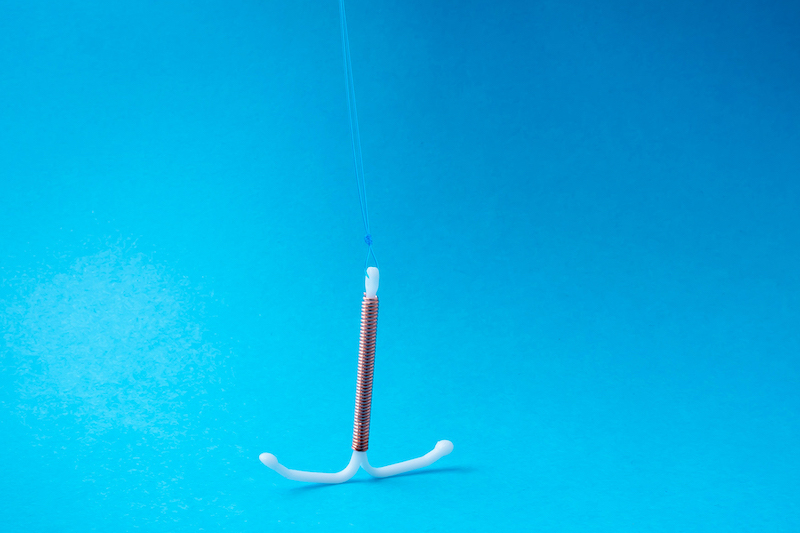I was diagnosed with lobular carcinoma in situ (LCIS) when I was 44. I did five years of tamoxifen and have had nothing but healthy mammograms since. I went into menopause at age 52. I am currently 55. Multiple doctors have told me that I do not qualify for hormone replacement therapy because of my cancer risk. I have asked because I have vaginal and vulvar dryness that affect my quality of life and my sex life. My understanding of LCIS, and my treatment for it, is that it does not put me at a higher risk. What would your advice be?
—Itchy in New Jersey
When it comes to breast cancer, it is really important to be specific about the forms of estrogen we are considering. It is a generally accepted point that women with a history of breast cancer should not take systemic hormone therapy — that is, estrogen, with or without progesterone, as a pill, patch, or gel. Estrogen taken this way circulates in the blood in levels that are thought to significantly increase the risk of breast cancer recurrence in women with all types of breast cancer.

On the other hand, using vaginal estrogen to treat vulvovaginal dryness in women with a history of breast cancer is a hotly debated topic. Vaginal estrogen is thought to act mostly locally on the delicate tissues of the vulva and vagina. Some experts have argued that this form of estrogen doesn’t raise estrogen levels in the blood enough to increase the risk of recurrence significantly. A number of reviews, meta-analyses, and studies have been published just in the past couple of years trying to determine just how much estrogen is absorbed through the walls of the vulvovaginal mucosa and how much risk this estrogen may pose to breast cancer survivors. The result of all this research is that vaginal estrogen does increase estrogen levels in the blood — but not by much. This will pose more of a risk to some women than others.
The result is that two goals are potentially in conflict: preventing breast cancer recurrence and effectively treating symptoms like volvovaginal dryness and atrophy. In a perfect world, you would have a conversation with your doctor that would outline your risk of breast cancer recurrence and how using vaginal estrogen would increase that risk — or not. Then you could consider how much your symptoms are bothering you and make an educated decision about how best to move forward.
Short of that ideal, as I see it, you have two options. You can try non-hormonal treatments for vulvovaginal dryness, such as vaginal moisturizers. Or you can seek a second opinion — that practitioner may or may not agree with your current practitioner regarding the risk of using vaginal estrogen in your particular case.
The upshot: Systemic hormone therapy like estrogen patches or gels are generally not considered safe for women with a history of breast cancer. The safety of vaginal estrogen for women with a history of breast cancer is a topic of debate. It is reasonable to have a conversation regarding your risk of recurrence and your symptoms to determine if vaginal estrogen is safe in your particular case.
Community Guidelines




















Log in